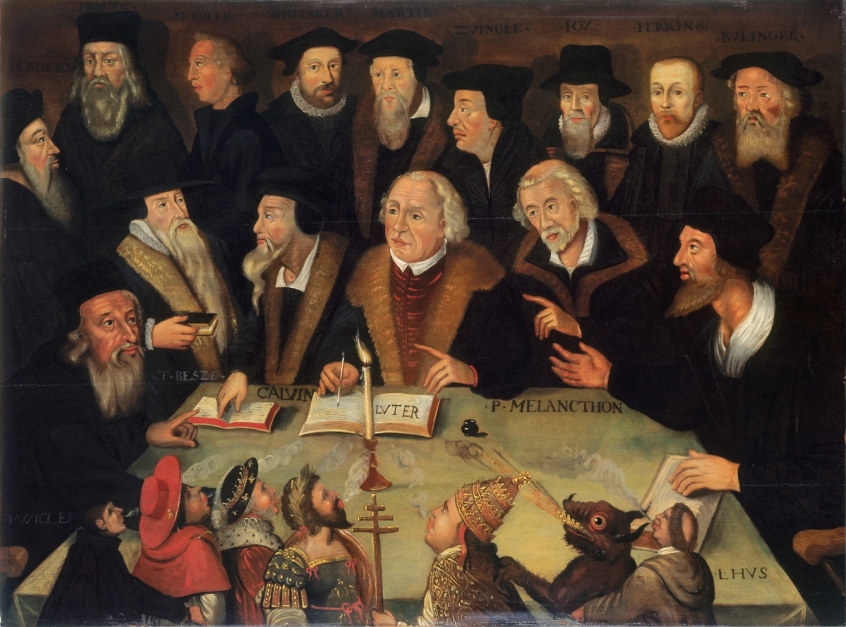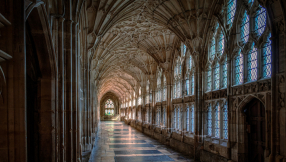More than 500 pastors and theologians have signed a 'Reforming Catholic Confession' designed to mark the 500th anniversary of the beginning of the Reformation on October 31, 2017.
Produced by a drafting committee composed almost entirely of US-based scholars, the Confession aims to highlight 'the Reformers's original vision for Catholic unity under canonical authority'. It says critics of the Reformation often 'fixate' on Protestant divisions. However, it says that 'despite our genuine differences, there is a significant and substantial doctrinal consensus that unites us as "mere Protestants".'

Its sub-heading is: 'What we, Protestants of diverse churches and theological traditions, say together'.
The Confession includes sections on the Trinity, Scripture, the atoning work of Christ, the Holy Spirit, the Church and baptism and the Lord's Supper.
A section entitled 'explanation' stresses the Reformers' original intentions and defends Protestantism from the charge of being inherently divisive. It says: 'While we regret the divisions that have followed in its wake, we acknowledge the need for the sixteenth-century Reformation, even as we recognize the hopeful possibilities of the present twenty-first century moment.' The Confession continues: 'We therefore aim to celebrate the catholic impulse that lies at the heart of the earlier Reformation even as we hope and pray for ever greater displays of our substantial unity in years to come.'
The 'explanation' acknowledges Protestant divisions and says the Reformers 'sometimes succumbed to the ever-present temptations of pride, prejudice, and impatience'. However, it denies divisions were the 'inevitable consequences' of the Reformation.
It says that rather than attempting to replace denominational credal formulations, 'our statement aims at displaying an interdenominational unity in the essentials of the faith and agreement that the Word of God alone has final jurisdiction'. It urges further conversations and dialogue seeking to 'achieve greater unity'.
Timothy George, dean of Beeson Divinity School in Birmingham, Alabama, who co-chaired the Confession's steering committee, said that a significant motivating factor of the Confession's participants is to call the Church to spiritual renewal.
He told the Christian Post: 'It's a call for the Church to be the Church in a world that is very much pushing against the things of God in so many different ways, and to believe that God will sustain in the midst of the storms that are all about us.'
George said: 'I don't think we can be faithful Christians in the tradition of the Reformation unless we take seriously Jesus' words and his prayer [in John 17] that his disciples would be one so that the world might believe.'
He said the Confession was 'a call to recognise that there is a brokenness about us and within us, which we have to pray that God, the Holy Spirit, will heal and mend in our midst. But we don't think that relaxing into our divisions and accepting the status quo as divinely ordained is the way forward.'













